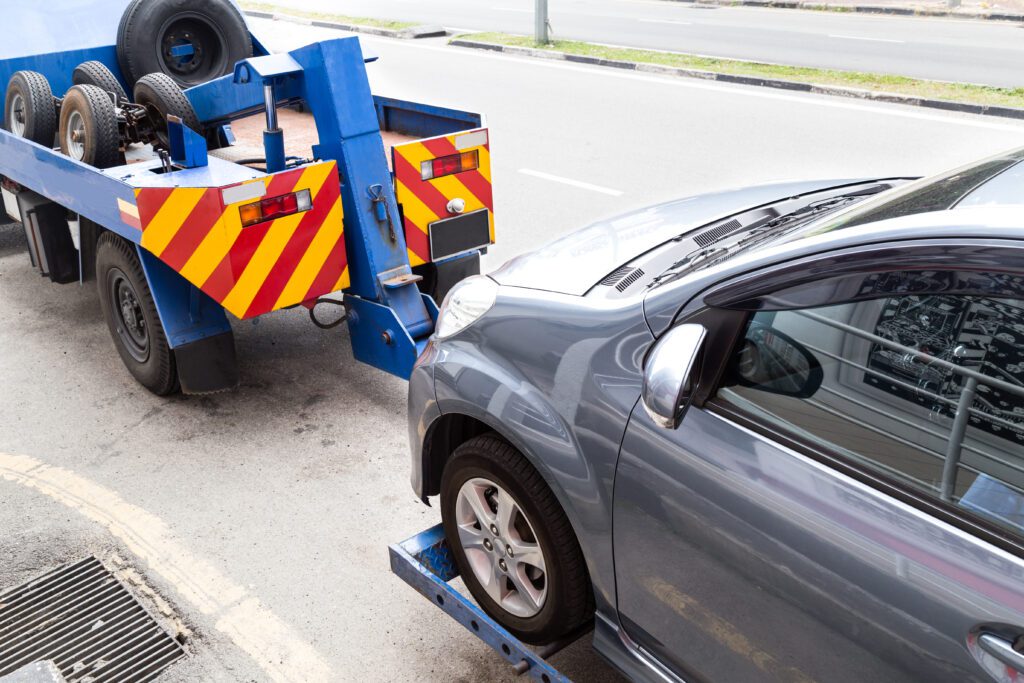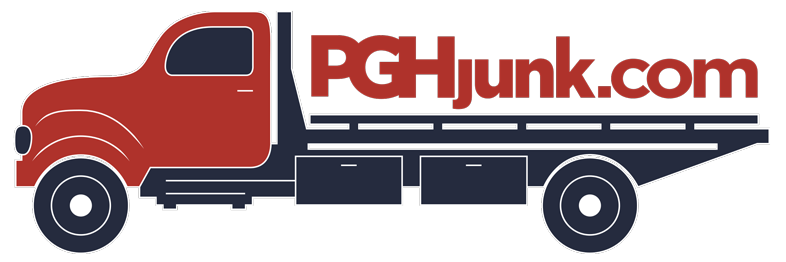Roadside Assistance Guide: Essential Tips for What to Do in an Emergency

When you’re stuck on the side of the road, it’s important to stay calm and know exactly what actions to take. Whether you’ve run into car trouble or been involved in an accident, having a clear plan of action can make a big difference. Here are the key steps you can follow to manage various roadside emergencies:
1. Handling a Flat Tire
A flat tire is a common issue, but it can be solved with a bit of preparation. Here’s how to deal with it:
- Pull over to a safe spot: Move your car to a level, safe area away from traffic.
- Turn on your hazard lights: This will alert other drivers that you’re having an emergency.
- Find your spare tire and tools: Your car’s manual will guide you to the location of your spare tire, jack, and lug wrench.
- Lift the car: Use the jack to raise the car off the ground.
- Remove the flat tire: Unscrew the lug nuts and remove the flat tire.
- Install the spare tire: Place the spare tire on and tighten the lug nuts in a crisscross pattern.
- Lower the car: Slowly lower the car back to the ground, and tighten the lug nuts again.
- Check the spare: Make sure your spare tire is inflated properly, and take your car to a professional to replace or repair the damaged tire.
2. What to Do When Your Car Battery Dies
A dead battery can leave you stranded unexpectedly, but you can usually get back on the road with a jump-start:
- Check for safety: Turn off all electrical systems (lights, radio, etc.) to avoid overloading the battery.
- Find jumper cables: You’ll need a set of jumper cables and another vehicle with a working battery.
- Connect the cables: Attach the red (positive) cable to the positive terminals of both batteries. Connect the black (negative) cable to the negative terminal of the working battery, and attach the other end to an unpainted metal surface of the car with the dead battery.
- Start the working vehicle: Let it run for a few minutes, then attempt to start your car.
- Drive for 20-30 minutes: This helps recharge your battery. If your car doesn’t start, or if the battery dies again, you may need a replacement or professional assistance.
3. What to Do After an Accident
After an accident, your first priority is your safety. Follow these steps:
- Check for injuries: Make sure everyone in your vehicle is okay. If someone is injured, call 911 immediately.
- Move to a safe location: If possible, move your car to the side of the road. Turn on your hazard lights.
- Call the police: Report the accident and get a police report. This is important for insurance claims.
- Exchange information: Swap names, addresses, phone numbers, driver’s license numbers, and insurance details with the other driver(s).
- Document the scene: Take photos of the vehicles, damage, and surroundings. Note any relevant details.
- Avoid admitting fault: Stay calm and do not discuss blame at the scene. Let insurance companies and the police handle the investigation.
4. Staying Safe During Roadside Emergencies
It’s crucial to keep yourself and others safe when your vehicle breaks down or you’re involved in an accident:
- Stay visible: Keep your hazard lights on and, if it’s dark, use reflective triangles or flares if you have them.
- Stay inside your car if it’s unsafe outside If you’re on a busy road or in an unsafe location, it’s often safer to stay in your car and wait for help to arrive.
- Use your phone wisely: Contact a professional roadside assistance service or towing company. Have a list of trusted services saved in your phone for quick access.
5. When to Call for Towing
In some situations, your car may not be drivable, or the problem may be too complicated to fix on the spot. Here’s when to call for towing:
- After an accident: If the car is not drivable or unsafe to drive, request towing.
- Mechanical failure: If your car experiences a serious mechanical issue like a broken transmission or engine failure, you’ll need professional towing to a repair shop.
- Dead battery: If a jump-start doesn’t work and your battery won’t hold a charge, call for a tow to a service center.
6. When to Call PGH Junk Cars for Roadside Assistance
If you’re in the Pittsburgh area and need fast, professional roadside assistance or towing services, PGH Junk Cars is here to help. Our team can quickly respond to emergencies, whether it’s a flat tire, a dead battery, or a vehicle breakdown.
Conclusion: Be Prepared for Roadside Emergencies
Emergencies can happen when we least expect them, but being prepared and knowing what steps to take can make all the difference. Keep this guide handy in your car or phone for quick reference during any roadside emergency.
For fast and reliable roadside assistance in Pittsburgh, call PGH Junk Cars at (412) 584-2481. We’re here to help you get back on the road safely and quickly!
This guide provides a step-by-step approach for handling common roadside emergencies, so you’re always prepared in case of trouble. Stay safe, stay informed, and don’t hesitate to reach out to PGH Junk Cars when you need help.
